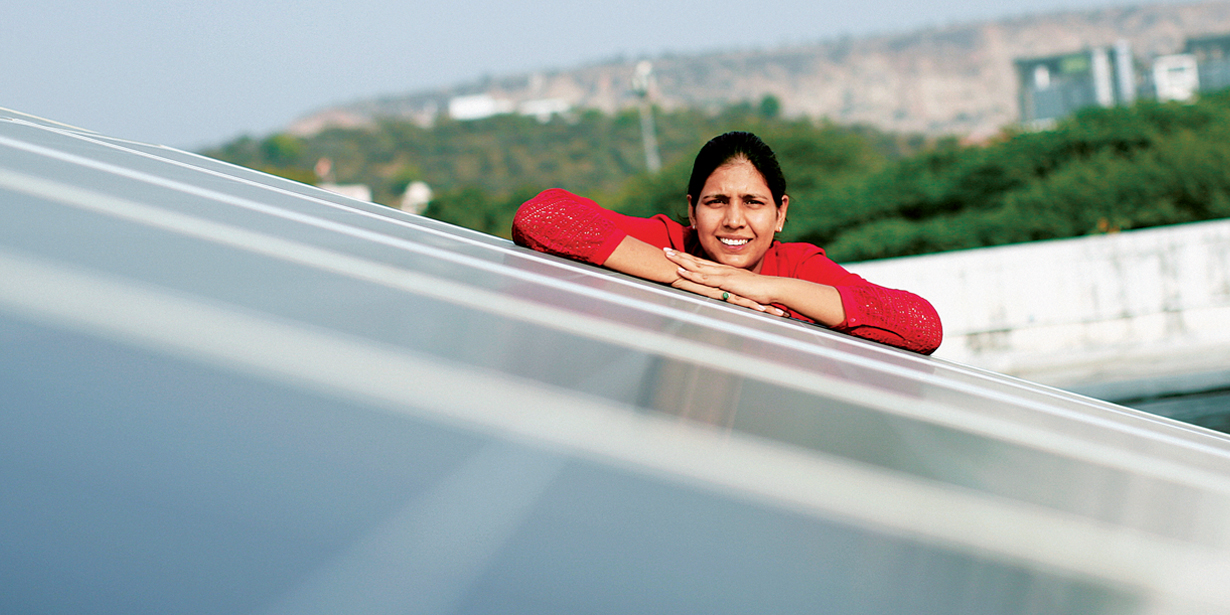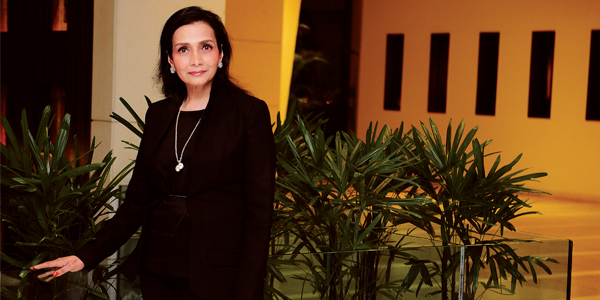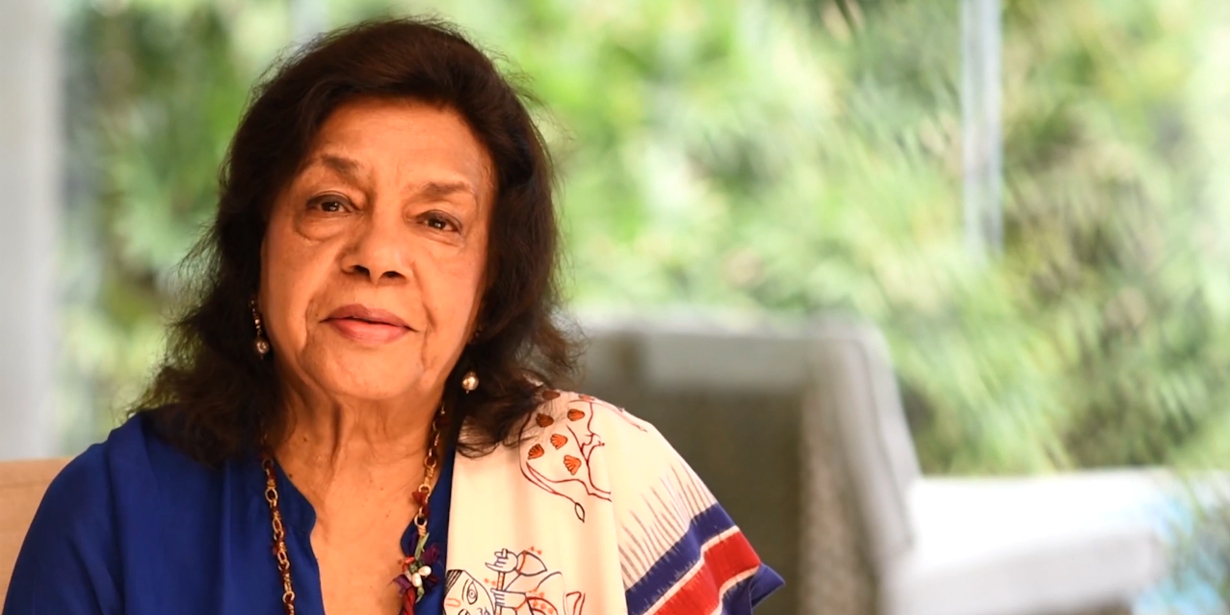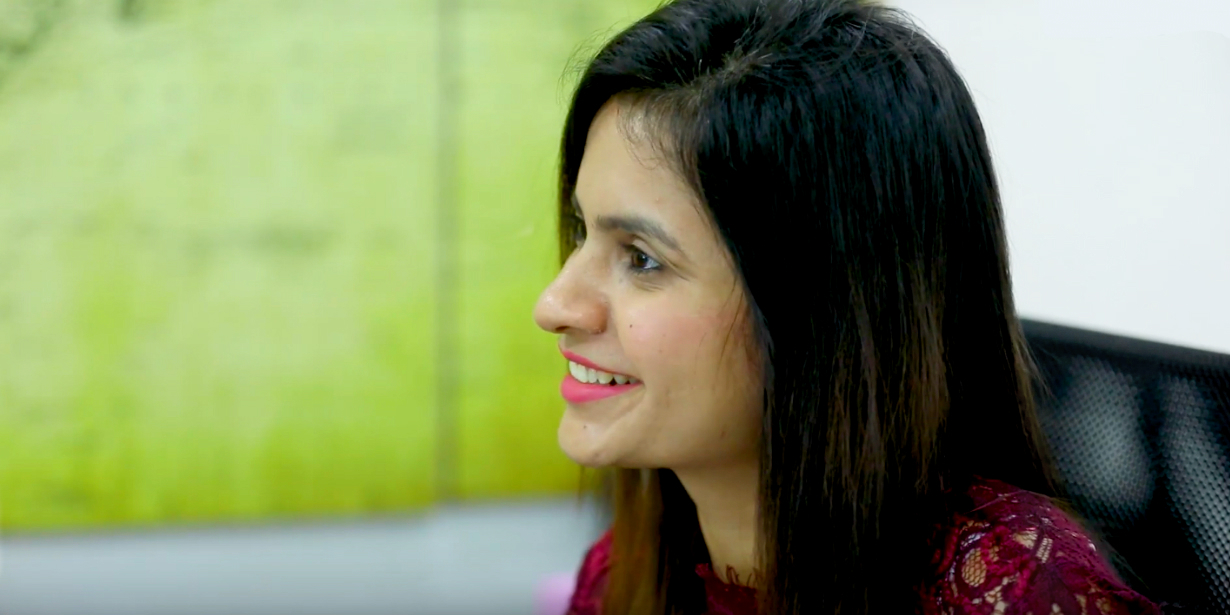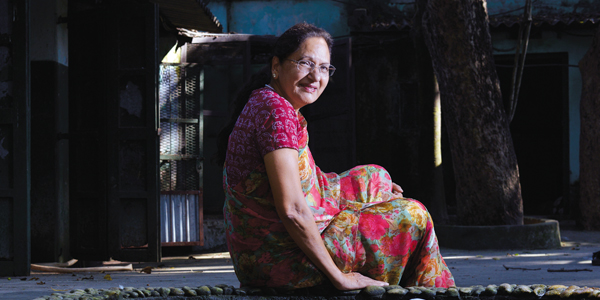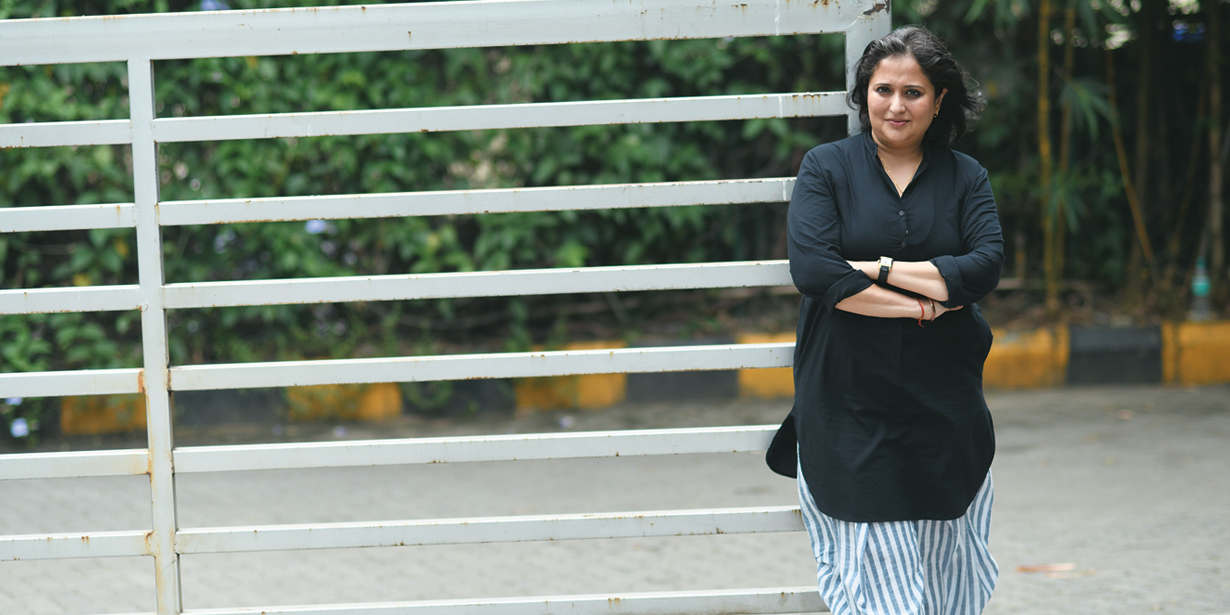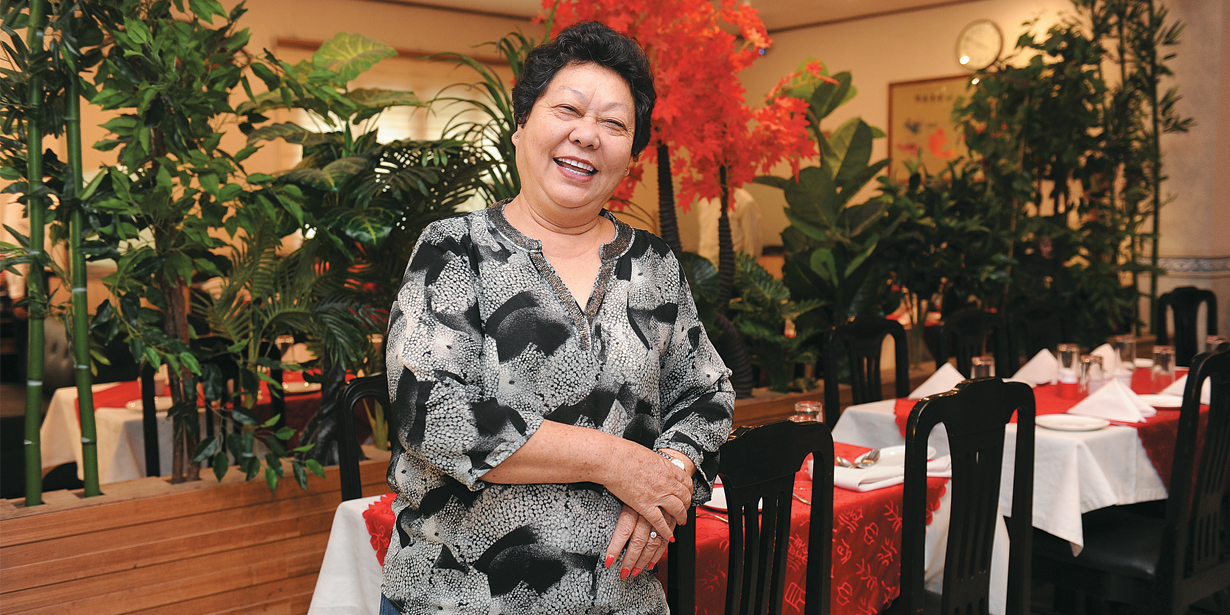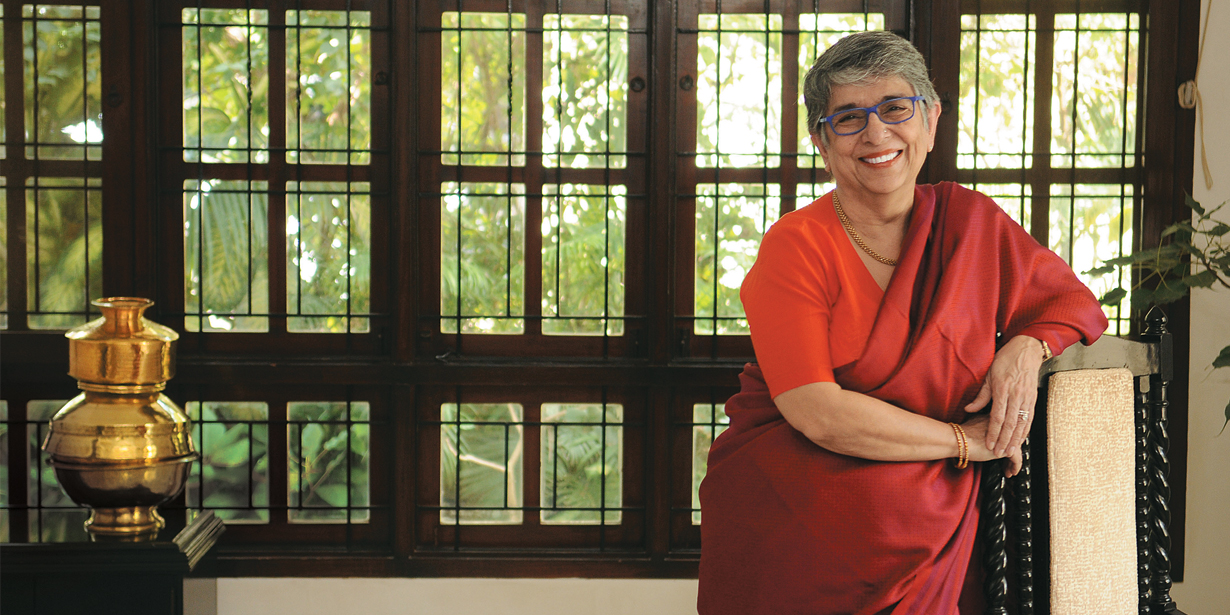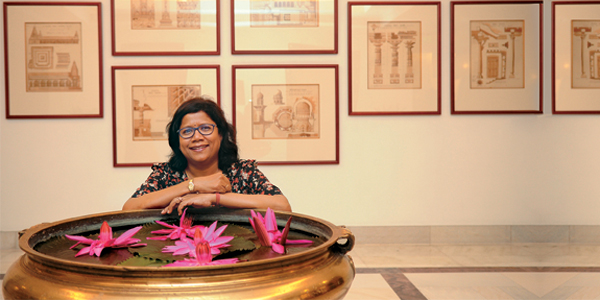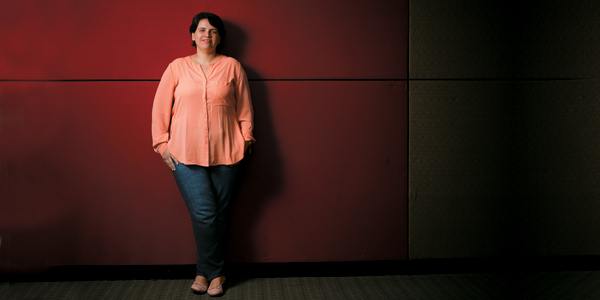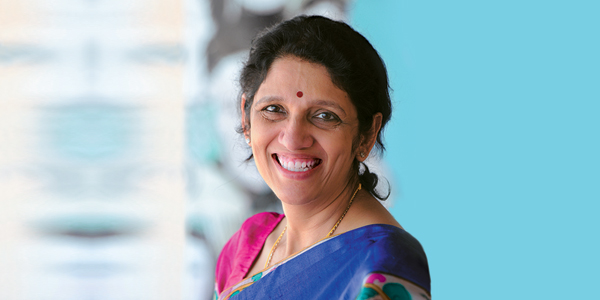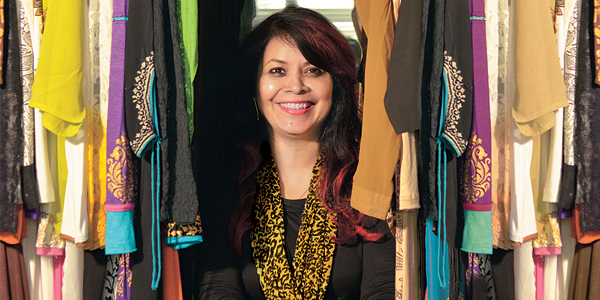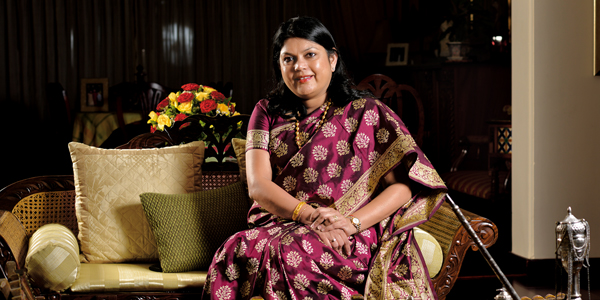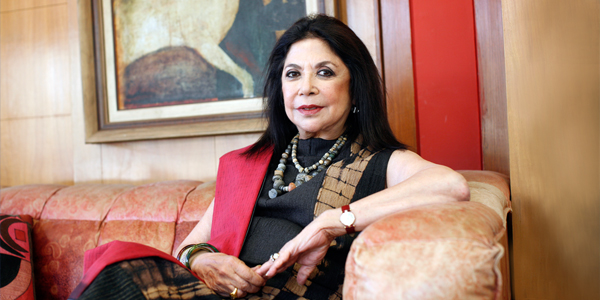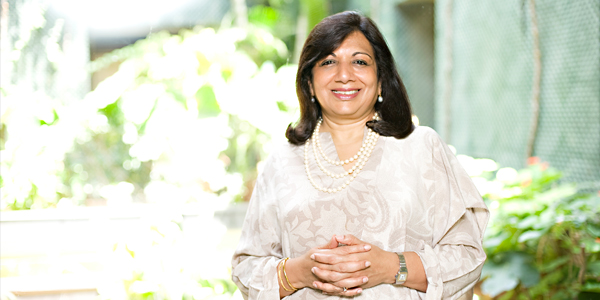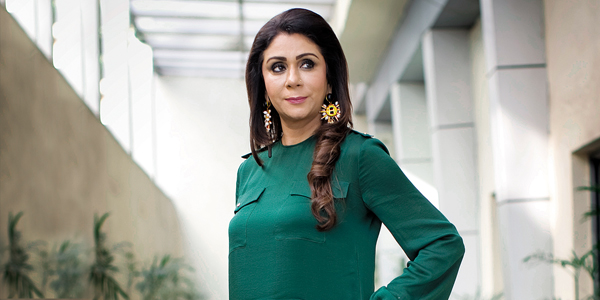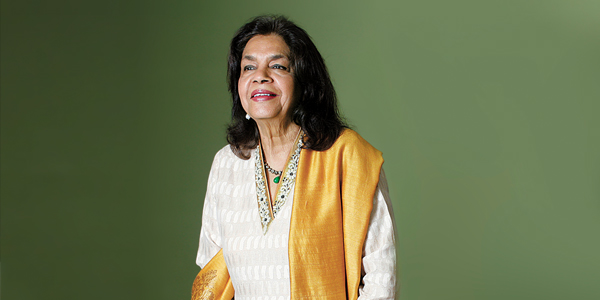She yearned to be a pilot, but Nidhi Gupta chased the sun instead, and co-founded the Rs.8 billion Rays Power Experts
Nidhi Gupta believes that she can do anything, learning on the go and always striving for more to make her solar epc business a Rs.10-billion enterprise
If you are not a sucker for theory but more of a how-to-get-things-done junkie, such as 28-year-old Nidhi Gupta, you could still end up doing well in life. In her own words, Gupta admits that she was never into academics at school though she nurtured a desire of taking to the skies by the time she reached Class 10. After completing her 12th, even as she was preparing for a commercial pilot course, the 2008 crisis hit the aviation industry. “There was too much uncertainty and negative feedback on aviation around that time,” recalls Gupta, who chose to instead bide her time. Though engineering was not a stream she fancied, she opted for it and completed her B Tech from Rajasthan Technical University.
 The company’s first client was Delhi-based Laxmi Publications, which wanted to set up a 250 KW solar plant in Rajasthan. It was the opportunity Gupta was waiting for — she chose to be at the site rather than oversee execution from Delhi. That decision proved to be a turning point as it not just kindled her interest in the renewable business but instilled in her an entrepreneurial zeal to overcome all odds.
The company’s first client was Delhi-based Laxmi Publications, which wanted to set up a 250 KW solar plant in Rajasthan. It was the opportunity Gupta was waiting for — she chose to be at the site rather than oversee execution from Delhi. That decision proved to be a turning point as it not just kindled her interest in the renewable business but instilled in her an entrepreneurial zeal to overcome all odds.
The road from Delhi took Gupta to a small town named Kolayat, located 51 km from Bikaner. Staying there for three months was a crash course in not just execution but overcoming people issues, especially a conservative and restive set of villagers. Though the project was of a smaller capacity, she had to overcome resistance from the villagers who had their own rules and regulations of how work needed to be done. “There was too much internal politics among the villagers and that was only delaying the construction,” recalls Gupta, who had to face an irate group of 20 villagers with hockey sticks who wanted to disrupt work at the construction site. Not one to get intimidated, Gupta visited the police station to register an FIR against them, besides approaching the district collector. “What got my goat was that the project was beneficial for the village and for the state, and there was nothing illegal. I told the cops that we need security,” recalls Gupta, who also ended up meeting Arti Dogra, who, incidentally, happened to be the first woman collector to be posted in the district. As things turned out, the villagers fell in line and the first solar plant was commissioned in three months. What began as an exercise in KW soon progressed to MW as Gupta and her team started executing one MW and above solar plants.
What worked in her favour was that not only was Rajasthan her home state but was soon to emerge as the hub of solar power, thanks to abundant non-fertile land, and high sun radiation (6-7 kWh/m2/ day) as the state enjoys more than 325 sunny days every year. The icing on the cake was the accelerated depreciation benefit for commercial and industrial users of solar power that allowed investors to set off their tax liability on taxable income up to 80% in the first year and 20% in the second year. Rays Power’s comprehensive approach to building solar plants also made it easier for developers to work with the company. “We provide land; design, installation and commissioning of projects and enter into operations and maintenance contract for 25 years. Besides, we facilitate signing of the power purchase agreement (PPA) between the client and government. In effect, clients just have to sign the cheque and documents, we do the rest,” she smiles.
The increasing traction in the business, the company set up a full-fledged office in Jaipur and going on to set up solar parks in the districts of Kolayat and Gajner. The solar park in Kolayat is spread across 130 acres and has a total capacity of 50 MW. More than 23 developers from Rajasthan and Gujarat have invested in the park. In 2013, Rays Power set up another solar park at Gajner of around 300 acres, one of the largest in India. And two years back, the company acquired an additional 300 acres. Currently, more than 60 developers from different parts of India and overseas have invested under one roof with a cumulative capacity of around 200 MW. Currently, projects worth 30 MW is under various stages of commissioning. “In fact, the fastest turnaround for a client was in 10 days but it was small sized project in KW, but still had to be commissioned before March 31,” recalls Gupta.
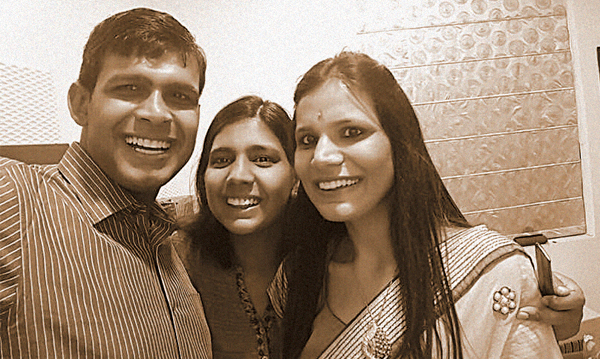
The concept of a solar park was something unique introduced by Rays Power and it offered developers a common pooling station and common transmission line to the grid. “We were giving the developers a generation guarantee. While what mattered to them more was the return that they earned, what we understood is that having a common infrastructure, T&D losses would be lower, ensuring optimal generation for our clients,” points out Gupta.
To ensure that they were at the top of the execution game and in touch with latest trends in solar, Gupta has also been visiting China, the global leader in solar power. “I have always been curious about the new solar technologies emerging from China,” she says. But her most memorable trip was a seven-day long visit during a Diwali break, where she not just visited factories but also got a feel of the infra boom by criss-crossing cities. “I felt I was just wasting a lot of time in meeting and greeting guests during the festival, and instead chose to travel. On the fourth day, I met a Chinese man who became my translator,” says Gupta, who has lost count of how many times she has visited the dragon nation.
While she kept scaling up Rays Power’s operations, there were also hard lessons to be learnt along the way.
Sun burn
The rush for solar was also driven by the quick break-even period. Earlier, developers were signing PPAs with the state government at Rs.2.5 per unit. Besides, for every 1,000 units generated, the developer would get a renewable energy certificate (REC) worth Rs.9,300. In effect, the blended tariff worked out to Rs.12 (Rs.2.5 + Rs.9.3) cost per unit. “Based on the generation, every year a developer was getting Rs.2 crore, and assuming a cost of Rs.8 crore per MW, the payback was in four years,” reveals Gupta.
But the dream run didn’t last for long after the government reduced the price offered under REC to Rs.3.75 in 2015 and it was further reduced to Rs.1 in 2017. Instead, captive consumption was encouraged. Industrial and commercial users such as hotels and malls could consume the power generated. “For every 100 units generated, factoring in a loss of 14 units on account of T&D, clients get 86 units a day on their premise. While the electricity tariff in the state is Rs.8.7, based on the consumption of solar energy, a consumer has to pay only Rs.2.5, on an average, to the government. So, the net saving works out to Rs.6, and with the depreciation benefit, a developer can still recover this money in a year,” she says.
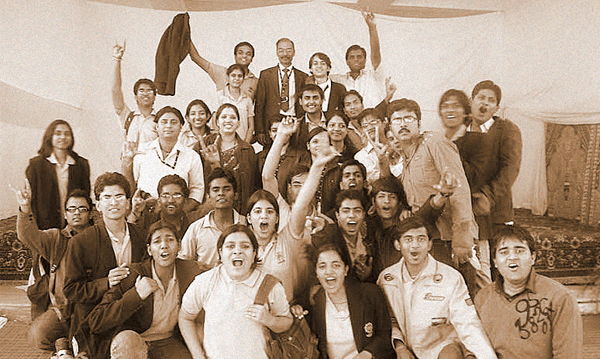
By 2014, the company was clocking a turnover of around Rs.2.5 billion, but a slowdown in the subsequent two years because of the policy change and general business sentiment, saw the company facing a liquidity crunch. “We were down to a couple of lakhs as even though the business had been growing, since I was also looking into accounts, I had not looked at the fact that receivables kept climbing,” points out Gupta.
The company’s standard business practice is to take an advance of 10% on bagging the order, 20% on approvals, 65% during the building stage, and the balance after commissioning. “But we never strictly followed the procedures and then when we went to clients, they would haggle over issues that weren’t relevant, such as, you haven’t painted the site and so forth. We used to explain to them that till such time we were meeting our commitments on generation, they shouldn’t be really complaining. But beyond a point we wouldn’t push the clients as we believe this a business relationship business,” she says.
What compounded the problem was a set of commitments the company entered into with some clients that Rays Power would purchase units at Rs.9, irrespective of the market rate, for a five-year period. Besides, it had also provided guarantees to clients that in the event that the company failed to meet the generation targets, they could encash the bank guarantees. As a result, over 2012 and 2016, the company incurred cumulative losses of around Rs.250 million. “We lacked business acumen then,” admits Gupta. As a course correction, the company did away with bank guarantees and fixed price purchase clauses. A proper sales and accounts team was put in place to ensure that due processes are followed once the company bags a client. From 10 loss-making projects in 2016, the number is down to four currently. “This year will be the last of loss-making projects,” reveals Gupta.
A new dawn
Overcoming the business challenges, Rays Power has managed to clock an impressive growth — ending FY18 with a revenue of Rs.8 billion. Total installations have crossed 500 MW, with 450 MW ground-mounted solar and the rest comprising rooftop installations. Though the company generates 80% of its turnover from Rajasthan, it is scaling up in new markets such as UP, Delhi, Haryana, Chandigarh and West Bengal, which currently account for 20% of the turnover. Some of its marquee clients outside of Rajasthan include Delhi Metro Rail Corporation (7 MW rooftop), New Delhi Municipal Corporation (4 MW) project. The company’s biggest installation till date is a 175 MW plant for Africa-based Rising Sun, which had bagged an order from NTPC.
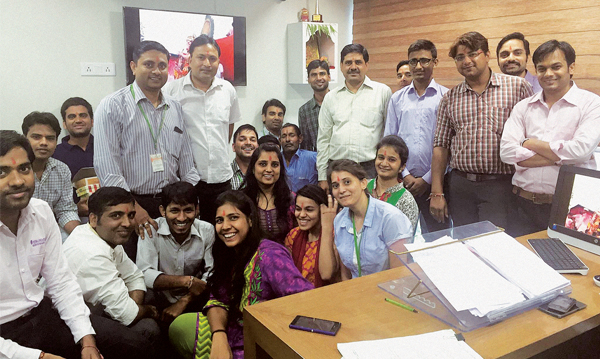
The company is also building its residential rooftop business by setting up a dedicated vertical with the tagline, ‘I Own Solar’. It currently has 450 residential rooftop clients, of which 250 installations are complete and the remainder are being commissioned. “While tariffs are heading lower, there is a still a business case given that the prices of solar modules, that account for 60% of the total cost, is also falling,” she says. What is also keeping business clocking is the company’s ability to set up projects in different configurations, right from 250 KW to over 150 MW. The company currently has 150 solar clients (ground mounted), who have tied up long-term O&M contracts between 10 and 25 years. In the days to come, the company, with a staff strength of 130, sees huge opportunity in Haryana and UP.
Though it’s a brother-sister enterprise, with Rahul holding 70% stake and Gupta owing 30%, their roles are clearly demarcated. “Rahul does sales and marketing, while I am responsible for finance and execution,” explains Gupta. Though Rajasthan is known to be quite conservative, Gupta, despite being the youngest of three siblings, was always given tasks that would be given to her brother. “My parents always somehow believed that I can do things,” smiles Gupta, whose father is the chief conservator of forests with the state government. Coming from a family of civil servants, Gupta and her brother are the only exceptions, in the extended family as well, to be engaged in business. “When people hear about me being in the family business they think it’s the usual arrangement where girls are just a name on the board. But when they see me in office, they realise that’s not the case,” she chuckles. Though her parents are keen on her getting married, Gupta is very clear that her partner has to be someone who understands that she will always be an entrepreneur first. “I just can’t imagine myself settling into the role of a housewife,” says Gupta. That’s not surprising coming from a 28-year-old whose business is just a whisker away from reaching the Rs.10 billion mark.
